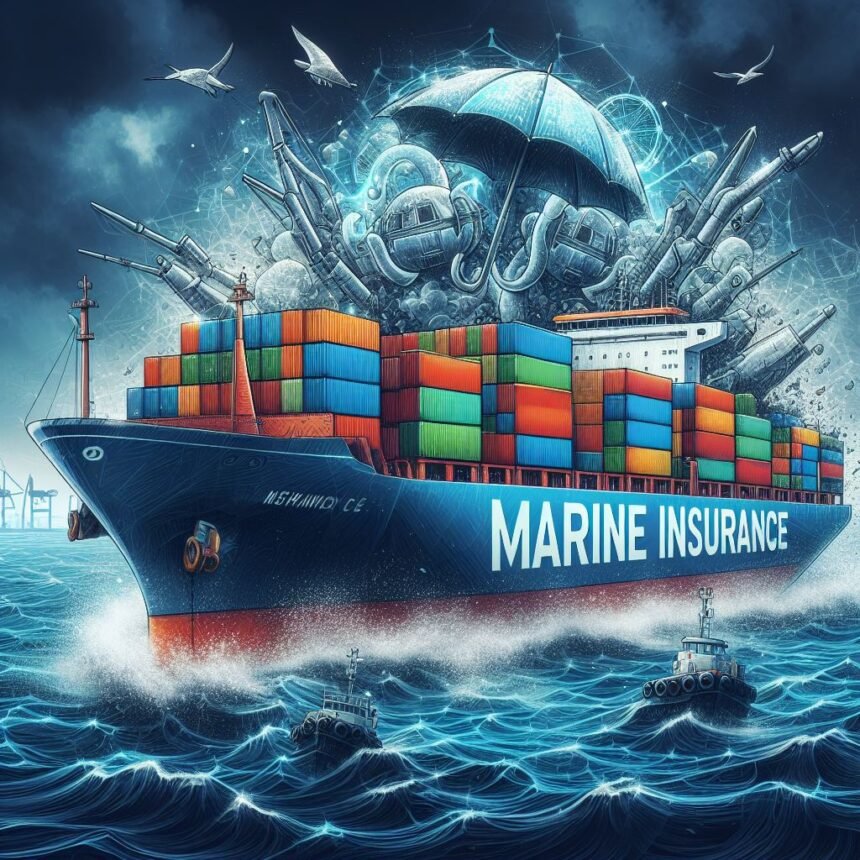Introduction
Marine insurance is a specialized form of insurance that provides coverage for risks associated with maritime activities. It plays a crucial role in protecting the interests of individuals and businesses involved in the shipping industry. In this article, we will explore the key areas of marine insurance and understand their significance.
Hull Insurance
Hull insurance is one of the primary areas of marine insurance. It provides coverage for the physical damage or loss of the vessel itself. This includes protection against risks such as collisions, sinking, fire, and natural disasters. Hull insurance is essential for shipowners as it helps them recover the significant financial investment they have made in their vessels.
Additionally, hull insurance also covers the costs of salvage operations, which involve the retrieval and repair of a damaged or stranded vessel. Salvage operations can be expensive, and having adequate insurance coverage ensures that shipowners are not burdened with these costs.
Cargo Insurance
Cargo insurance is another crucial aspect of marine insurance. It provides coverage for the goods being transported by sea. This includes protection against risks such as theft, damage, and loss during transit. Cargo insurance is beneficial for both the shippers and the consignees as it mitigates the financial risks associated with the transportation of goods.
One important point to note is that cargo insurance can be tailored to suit the specific needs of different types of cargo. For example, perishable goods may require additional coverage for spoilage or deterioration. Similarly, high-value goods may need higher coverage limits to adequately protect their value.
Liability Insurance
Liability insurance is a critical area of marine insurance that covers the legal liabilities of shipowners and operators. It provides protection against claims arising from bodily injury or property damage caused by the vessel. Liability insurance is essential in the maritime industry as accidents can result in significant financial losses and legal complications.
There are different types of liability insurance within the marine insurance sector. Protection and Indemnity (P&I) insurance is a common form of liability coverage that provides comprehensive protection for shipowners. It covers liabilities related to collisions, pollution, cargo damage, and crew injuries, among others.
War and Piracy Risks
War and piracy risks are unique challenges faced by the maritime industry. These risks can result in significant financial losses, including damage to vessels, cargo, and crew. Marine insurance offers specialized coverage for these risks, known as war risk insurance and piracy insurance.
War risk insurance provides coverage for damages caused by acts of war, civil unrest, or political instability. It is particularly relevant in regions where conflicts or political tensions are prevalent. Piracy insurance, on the other hand, covers losses resulting from acts of piracy, including hijacking, theft, and ransom demands.
Conclusion
Marine insurance encompasses various key areas that play a crucial role in protecting the interests of individuals and businesses involved in maritime activities. From hull insurance and cargo insurance to liability insurance and coverage for war and piracy risks, each area addresses specific risks and provides financial security. By understanding these key areas, individuals and businesses can make informed decisions and ensure they have adequate insurance coverage to mitigate the risks associated with the shipping industry.










